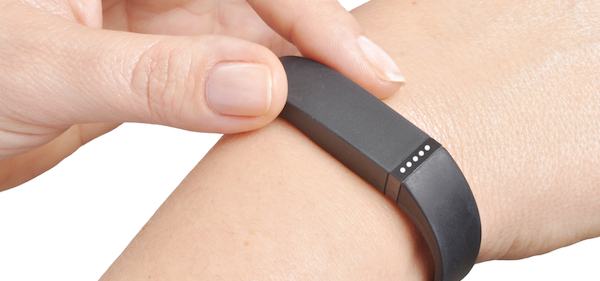A good level of fitness is essential to keeping your body healthy, but did you know that by keeping your heart healthy, you can also reduce the likelihood of suffering from hearing loss? Research by the University of Wisconsin found that hearing loss is more likely in those who suffer from hardening of the arteries than those who do not have heart abnormalities. It has also been noted that low-frequency hearing loss may be an indication that a good blood flow is not reaching the inner ear, highlighting the possibility of heart problems.
So then, do you need a push to get moving? An exercise tracker could do just that. Exploding in popularity over the last two years, Fitbit Flex is possibly one of the most common exercise tracking versions available. This small, discreet wristband uses GPS technology to track your activity and give you the kickstartyou need to increase your fitness levels.
So, just how does the Fitbit Flex help you to keep you overall health on track? It counts the number of steps you take, the distance you travel, the calories you burn and monitors how well you sleep, then relays all this information wirelessly to your own progress chart. This chart can be viewed on your computer or smartphone, and gives an idea of the areas in your life and health that need a little more work.
With the recommendation that the average adult take 10,000 steps and do 30 minutes of ‘exercise’ each day, the Fitbit helps you to stay motivated and achieve your goals –because you’re less likely to languish on the sofa if you know you only have to do a little more exercise to reach you daily goal.
With rewards for milestones met and the push to succeed at challenges laid down by friends, keeping active and improving your overall health has never been so much fun.
If you’re keen to join the Fitbit movement and improve your activity levels, book a free* hearing health check up with HearingLife and you could win a Fitbit Flex.

